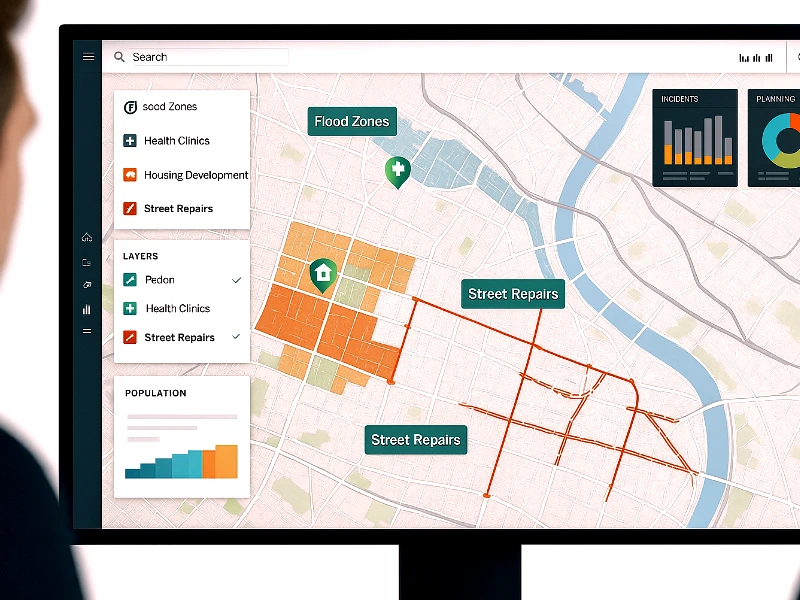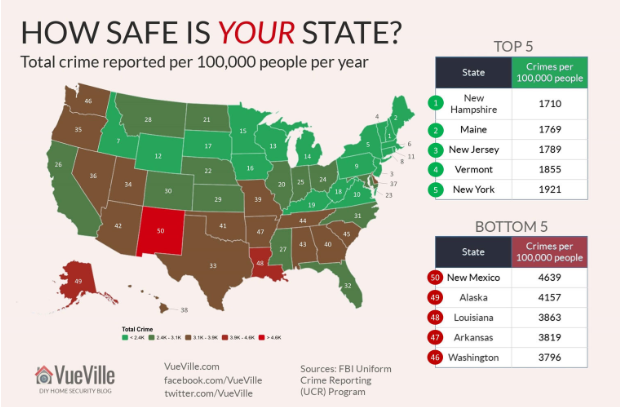Preserving historical documents remains a crucial endeavour. Cartographic hardcopy maps, essential for historical and geographical research, stand as a testament to the past’s exploration and understanding. As we navigate this digital transformation, the digitization of these maps becomes a pivotal step, ensuring their preservation and accessibility for future generations.
Need Faster, More Accurate Digital Mapping
Eliminate manual errors and speed up workflows with GIS Navigator’s automation tools.
📞 Schedule a Call | 📩 Email Us | 💼 Get a Quote Now
Overview of Cartographic Hardcopy Maps
Cartographic hardcopy maps are physical representations of geographical areas, meticulously drawn and printed to convey spatial information. Historically, these maps have been invaluable tools for explorers, historians, and researchers, providing insights into the world’s changing landscapes and borders. Their significance extends beyond mere geographical depictions; they offer a glimpse into the cultural, political, and scientific understandings of their time.
Importance of Digitization
Digitization serves as a bridge between the analog past and the digital future. By converting cartographic hardcopy maps into digital formats, we preserve them against physical deterioration and make them accessible to a global audience. This modern usage allows researchers to analyze and interpret these maps using advanced tools and technologies, fostering new insights and discoveries.
Current Status of Cartographic Hardcopy Maps
Global Archives
Around the world, libraries and archives house vast collections of cartographic hardcopy maps. These institutions serve as guardians of history, preserving maps that range from ancient to contemporary times. However, many of these maps remain vulnerable to physical degradation, prompting an urgent need for digitization to secure their longevity.
Significance in Modern Research
Cartographic maps hold immense value for contemporary research across various fields. Historians utilize these maps to trace historical events and shifts in geopolitical boundaries. Geographers analyze spatial relationships and environmental changes, while urban planners draw upon historical maps to understand city development patterns and plan future growth.
Issues in Digitizing Cartographic Hardcopy Maps
Physical Deterioration
Aging, wear and tear, and environmental damage pose significant threats to the physical integrity of hardcopy maps. Paper-based maps are susceptible to fading, tearing, and moisture damage, making preservation a challenging task.
Technical Challenges
Digitizing cartographic maps involves several technical challenges:
- Handling Large-Format Maps: Many maps are large and unwieldy, requiring specialized equipment and careful handling during the scanning process.
- Resolution and Image Quality: Ensuring high-resolution scans that capture fine details without compromising image quality is crucial.
- Color Preservation and Accuracy: Maintaining the original color fidelity of maps is essential, as colors often convey critical information.
- Metadata and Cataloging: Accurate metadata is vital for organizing and retrieving digital maps. Cataloging these maps in digital archives poses challenges due to the complexity and variety of cartographic data.
Challenges Faced in the Digitization Process
Resource Constraints
Limited funding, manpower, and technological resources hinder digitization efforts. Many institutions struggle to allocate the necessary resources to undertake comprehensive digitization projects.
Technological Limitations
Despite advancements in technology, challenges persist in scanning, image processing, and storage. High-quality digitization requires sophisticated equipment and software, which may not be readily available to all institutions.
Standardization
The lack of standardized processes for digitizing and archiving cartographic maps complicates efforts to create cohesive digital collections. Standardized guidelines would ensure consistency and quality across digitization projects.
Struggling with Manual Data Processing?
Let GIS Navigator streamline your digitization process with cutting-edge GIS automation.
📞 Schedule a Call | 📩 Email Us | 💼 Get a Quote Now
Potential Solutions and Opportunities
Advanced Technologies
Emerging technologies, such as high-resolution scanners, AI, and machine learning, offer promising solutions for improving the digitization process. These tools can enhance image processing, automate cataloging, and improve overall efficiency.
Collaboration and Funding
Collaborative projects and increased funding from government and international bodies can bolster digitization efforts. Partnerships between institutions can pool resources and expertise, fostering more comprehensive and coordinated digitization initiatives.
Standardization and Best Practices
Developing standardized guidelines and best practices for digitization is crucial. These standards would provide a framework for institutions to follow, ensuring the creation of high-quality digital archives.
Future Directions
Technological Advancements
As technology continues to evolve, future advancements will likely simplify the digitization process. Innovations in scanning, data storage, and image analysis will enhance the quality and accessibility of digital maps.
Global Collaboration
Global collaboration and the sharing of best practices are essential for the successful digitization of cartographic maps. By working together, institutions can overcome challenges and create interconnected digital archives that benefit researchers worldwide.
Sustainability and Preservation
Sustainable practices are vital for the long-term preservation of digital maps. Developing strategies for data storage, backup, and maintenance ensures that digital archives remain accessible and intact for future generations.
Transform Your Data into Actionable Insights
Unlock the power of automated digitization with GIS Navigator—boost accuracy, efficiency, and decision-making.
📞 Schedule a Call | 📩 Email Us | 💼 Get a Quote Now
How GIS Navigator Can Help?
Choosing the right partner for GIS digitization services is essential, and here’s why we stand out:
Our team is composed of highly skilled professionals with years of experience in GIS and digitization services. This expertise ensures that we deliver precise, high-quality results tailored to your needs. We utilize the latest GIS software and tools to handle complex projects efficiently and accurately. Security is paramount to us, and we employ robust protocols to ensure your data’s confidentiality and safety throughout the digitization process.
Our services are competitively priced, providing exceptional value without compromising quality. We understand the importance of meeting deadlines, and our efficient processes ensure timely delivery of your projects. Additionally, our commitment to customer satisfaction means we provide continuous support and are always available to address any concerns or queries you may have.
Our proven track record includes numerous successful GIS digitization projects across various industries, demonstrating our reliability and capability. When you choose us, you’re choosing a partner dedicated to driving your projects forward with top-notch service. Contact us today to learn more about how we can assist you.



